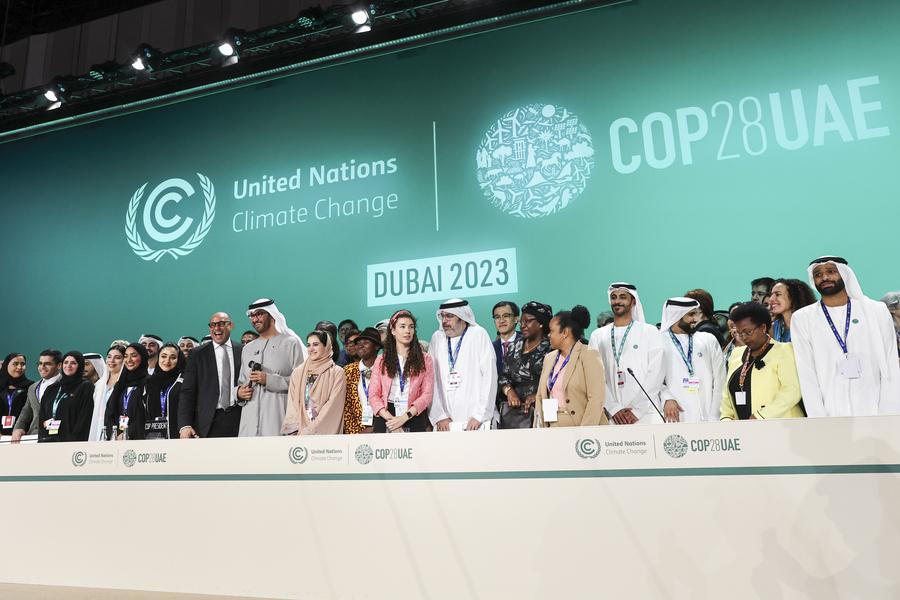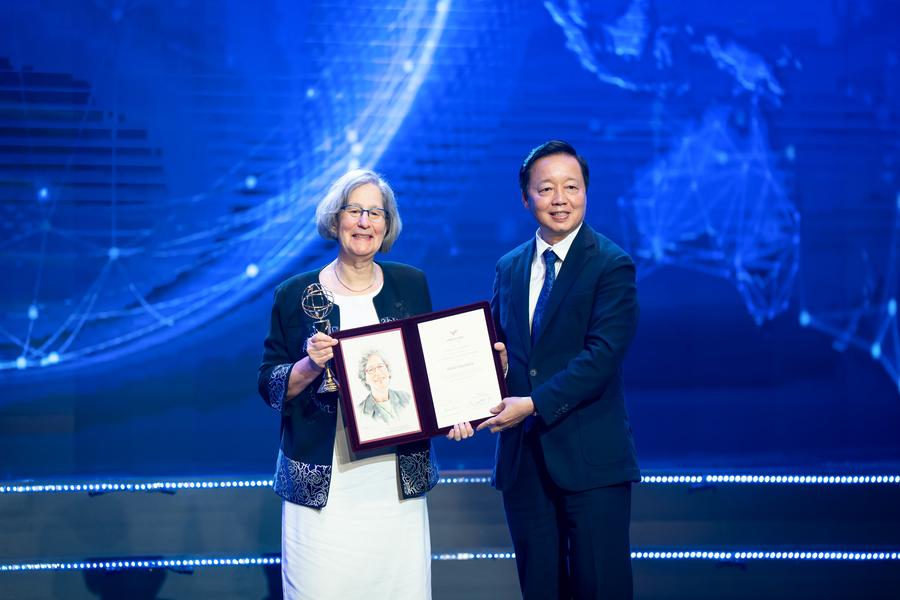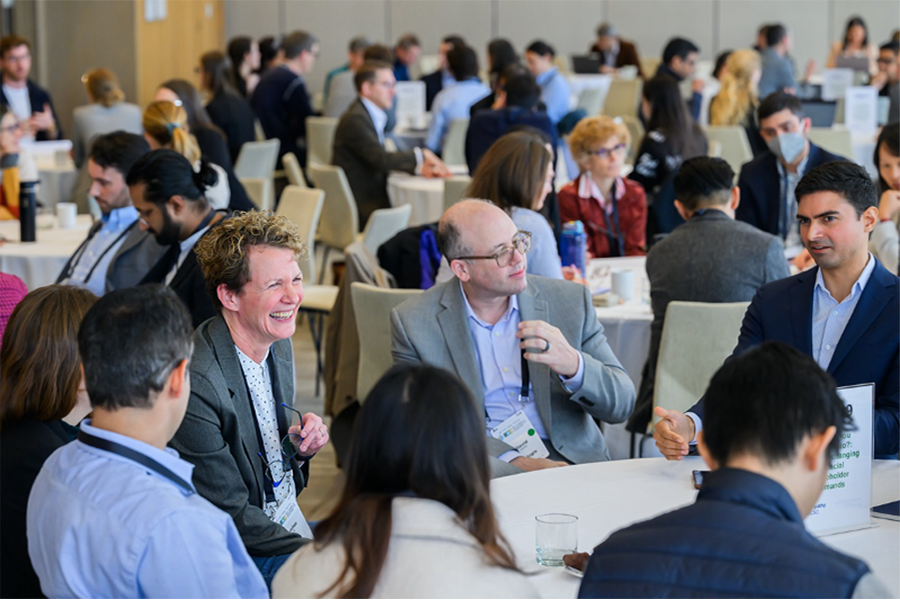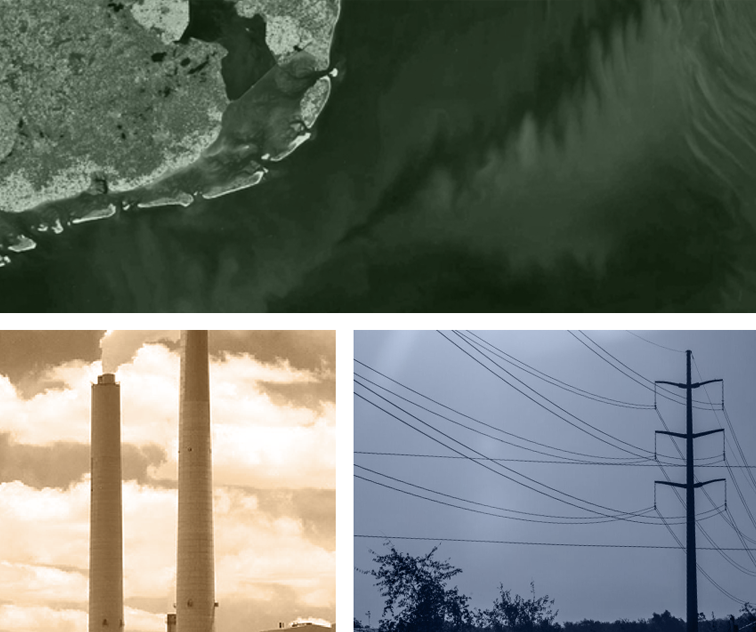News + Media

MIT delegates share observations and insights from the largest-ever UN climate conference (MIT Office of the Vice President for Research) (Related: MIT Joint Program at COP28)
ith 85,000 delegates, the 2023 United Nations climate change conference, known as COP28, was the largest U.N. climate conference in history. It was held at the end of the hottest year in recorded history. And after 12 days of negotiations, from Nov. 30 to Dec. 12, it produced a decision that...

A county-by-county study shows where the U.S. job market will evolve most during the move to clean energy (MIT News)
A new analysis by MIT researchers shows the places in the U.S. where jobs are most linked to fossil fuels. The research could help policymakers better identify and support areas affected over time by a switch to renewable energy.
While many of the places most potentially affected...

The climate consequences could be serious, MIT Joint Program Founding Co-Director Emeritus Henry Jacoby and co-authors warn (The Hill)
What might a second Trump presidency mean for Earth’s climate system?
Our answer to this question is based on our own experiences in climate science. We routinely use observational data, theoretical understanding, and computer models to disentangle human and natural effects on global...

The award recognizes Solomon’s contributions to understanding ozone depletion and the creation of the Montreal Protocol (MIT Department of Earth, Atmospheric and Planetary Sciences)
Lee and Geraldine Martin Professor of Environmental Studies Susan Solomon has been awarded the 2023 VinFuture Award for Female Innovators.

MIT Joint Program Deputy Director Sergey Paltsev describes climate risk drivers and how MIT researchers are forecasting their impacts on businesses (MIT Climate & Sustainability Consortium)
At the MIT Climate & Sustainability Consortium’s recent member meetings, member companies came together with the MIT community to share and amplify their brainpower and drive toward specificity when it comes to developing scalable solutions to climate change. This two-day event, held...

Using New York as a test case, the model predicts flooding at the level experienced during Hurricane Sandy will occur roughly every 30 years by the end of this century (MIT News)
Coastal cities and communities will face more frequent major hurricanes with climate change in the coming years. To help prepare coastal cities against future storms, MIT scientists have developed a method to predict how much flooding a coastal community is likely to experience as hurricanes...


New advisory panel to provide essential guidance on current climate data best practices and needs (Massachusetts Executive Office of Energy and Environmental Affairs)
FOR IMMEDIATE RELEASE:
1/12/2024
Executive Office of Energy and Environmental Affairs Office of Climate Science (OCS)
To know if bioenergy is truly a low-carbon resource, we must count emissions from growing, transporting, and processing the associated crops, check whether those crops were replanted, and add in any emissions from creating farmland to grow more of them. (MIT Climate Portal)
Organic materials like corn, soybeans, or wood can be turned into energy, either by refining them to produce liquid “biofuels,” or by burning them for heat, which can then be used to produce electricity.

Temperatures will likely stop rising in a few years or decades—but it could take centuries for them to fall to the levels humans enjoyed before we started burning fossil fuels (MIT Climate Portal)
December 19, 2023

